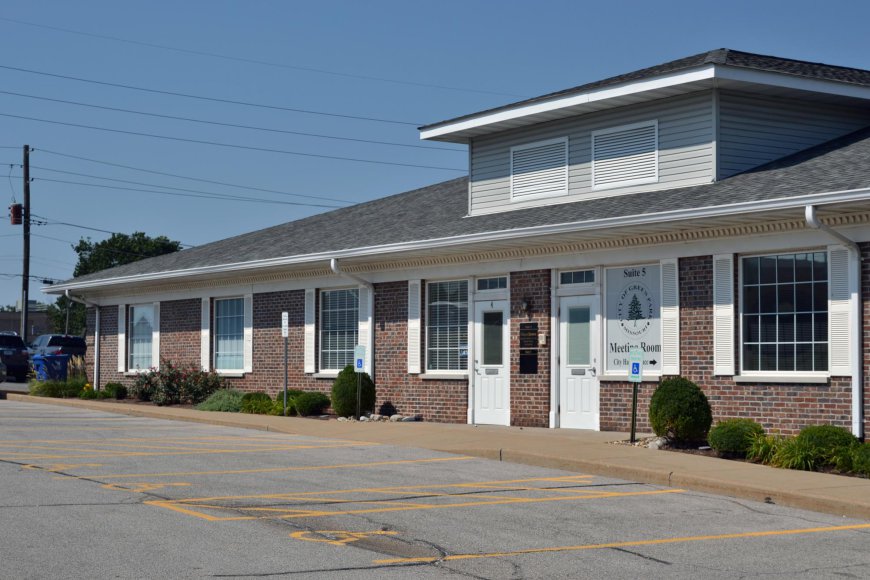Green Park board places question of commercial property tax on April ballot
The Green Park Board of Aldermen unanimously approved an ordinance placing the question of a commercial real property tax on the upcoming municipal election’s ballot at its Dec. 16 meeting....

The Green Park Board of Aldermen unanimously approved an ordinance placing the question of a commercial real property tax on the upcoming municipal election’s ballot at its Dec. 16 meeting.
Though it may seem early to be thinking of the next election as one just occurred, the deadline to ensure the question is on the April ballot is Jan. 23, 2025. The municipal election will be held on April 8, 2025.
Green Park is a class four city, which authorizes it to levy and impose a tax “for municipal purposes upon all subjects and objects of taxation.” This tax must not exceed “one dollar on the one hundred dollars assessed valuation.”
It should be noted that if Green Park voters decide to pass this in April, the city will only impose a property tax on utility, commercial, mining, industrial, manufacturing, trade, professional and business properties – something that is fairly common in most municipalities in St. Louis County. Unlike most county municipalities, however, residential properties in Green Park will remain untaxed by the city.
“The city (of Green Park), since its inception, has never imposed a tax on real property. It’s something that’s necessary now,” Mayor Tim Thuston said. “The reason for this is the amount of money that we’re spending on our commercial streets, where we receive absolutely no revenue from our commercial partners. We love them, but we’re paying for their streets and we’re getting nothing in return. We’re going to ask them to put a little skin in the game so we have some help with the cost of offsetting the construction.”
“They had their free ride … it’s disrespectful, it’s due, it’s time,” Ward 1 Alderman Carol Hamilton added.
Ward 3 Alderman Marty Finn spoke next, inquiring if business owners in Green Park had been made aware of this – particularly emphasizing the local small business owners – to which Thuston responded, “no.”
“If they ask, yes, (there will be communication). It’s pretty standard. It’s not something that’s unrecognizable, and most properties do have a real estate property tax,” Thuston said.
“I think the topic of the conversation will be when it’s on the ballot. You’re going to have to educate everyone, not just the residents. You’ll have to talk to the business owners and explain to them,” City Attorney Paul Rost added. “We say business owners, but it’s really the property owners. It may or may not affect tenants of the buildings.”
Finn argued with this point, stating that the cost of the taxes will be passed on to the business owners whether they are the property owner or not.
“It may or may not. It depends on the lease. Some leases don’t say that, (but) about 90% of them, yes,” Rost replied.
With that, a motion for a first reading was made by Hamilton, which passed unanimously. A motion for a second reading then occurred, also passing unanimously.
The bill passed unanimously for a third time in the final passage roll call vote, turning it into an ordinance and officially placing it on the April ballot.
“We’re going to need to make sure everybody understands that it’s not a property tax on our citizens, on local property. It’s a tax on commercial property,” Thuston emphasized at the close of the conversation. “(Residents need to) know that it’s not something they’re going to be struck with personally.”
What's Your Reaction?
























